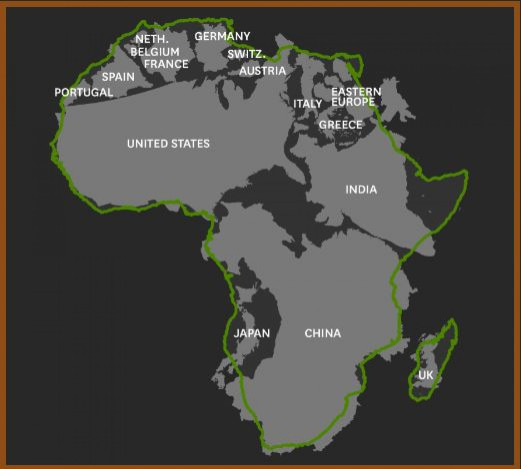World Bank President Jim Yong Kim Makes Pitch To CEOs For Africa Investment: WSJ CEO Council

World Bank President Jim Yong Kim touted African economies and investments on Tuesday, inviting dozens of U.S. CEOs to explore African investment opportunities with him at an annual summit of business executives.
“If you look back, over the last five or six years, even Africa had over 5 percent growth rates,” said Kim at the Wall Street Journal’s CEO Council in Washington, D.C., on Tuesday, highlighting bright spots among emerging economies.
He pointed to the West African nation of Burkina Faso as one interesting spot, with “great” leadership and a growing private sector.
“They pay 75 cents a kilowatt hour for electricity, which is 7 times what we pay here in Washington, D.C.,” Kim informed the audience. “If we can find ways of getting long-term capital for them to invest in energy, at a much lower rate, those countries are going to grow.”
Part of the World Bank’s mission is to end poverty, which makes Kim’s remarks less surprising. The World Bank also operates to “de-risk” investments, according to Kim.
“It’s a totally different scene now,” said Kim, describing the investment climate in Africa in the past few years.
And he reiterated his pitch to the assembled CEOs: “I would just say once again, for anyone who’s interested, please talk to me…Our role is to find ways of making the innate attractiveness of investing in Africa apparent to people like yourselves.”
Then Kim added a bit of an incentive, promising some insight for CEOs unfamiliar with Africa: “You’ll be surprised at how much we know about individual economies or governments, and the policy environment. And you may think differently about the possibilities.”
The World Bank said in an October report that sub-Saharan Africa remains especially attractive, thanks to strong domestic demand. But it added that declining commodity prices could damage the continent’s economy.
Growth in sub-Saharan Africa should climb above 5 percent in 2014, reported the Financial Times. Even with a decade of economic growth, however, almost half of all Africans live in extreme poverty.
The gathered CEOs were chiefly from North America, with barely any African CEOs or heads of African companies among the 100 or so listening executives.
© Copyright IBTimes 2024. All rights reserved.






















